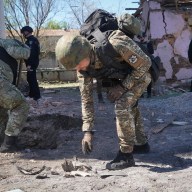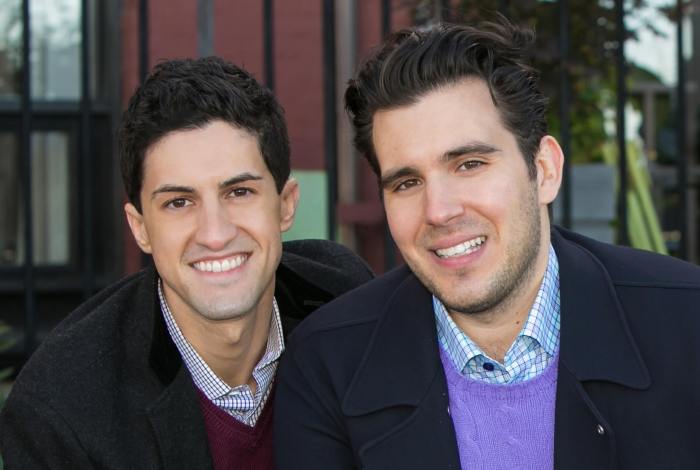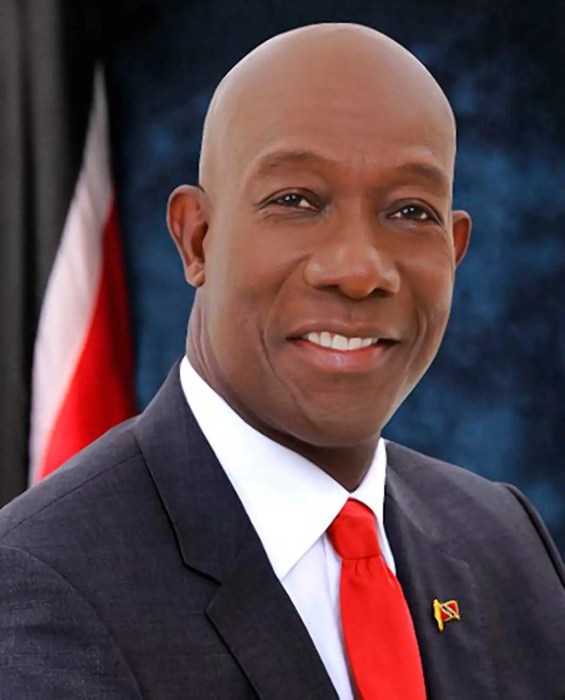Former U.K. prime minister Tony Blair talks with CNN’s chief international correspondent Christiane Amanpour about the Israel-Gaza conflict. The transcript of the video is below, and you can watch it using the player to the right.
AMANPOUR: A great call now for a ceasefire: is that likely to happen anytime soon? Are we at the end of this, or at the beginning?
BLAIR: I think there are two alternatives, one of which — and I hope this happens — is that we get an immediate ceasefire. I think that will really revolve around whether there can be clear and definitive action on the smuggling issue — that is, the weapons and money coming through the tunnels from Egypt into Gaza. Then I think it is possible to resolve this reasonably quickly. If that doesn’t happen, if we’re not in that position, then obviously it’s going to go on.
AMANPOUR: Israel has said it’s not interested in an immediate ceasefire, and it’s told President Sarkozy and probably you, yourself, as well, that it needs a durable and sustainable peace, that it doesn’t just want to stop now and have Hamas use the to rearm and to recalibrate the length and the breadth of this.
BLAIR: I think that’s absolutely right, and I understand that, from Israel’s point of view. I think that they’re feeling, however, is, if they do get definitive action to cut off the sources of finance and weapons to Hamas, then obviously that is a significant advance for the Israeli position.
AMANPOUR: And that will be, then, the achievement with which they can end this?
BLAIR: That is obviously one context in which you can see how a ceasefire can come about.
AMANPOUR: The civilian casualties in Gaza are obviously going to put a big pressure on Israel. How long can Israel withstand this pressure?
BLAIR: Well, I think Israel would like to see a halt to this quickly. But I think it is prepared to go on. And you know, there are a lot of parallels drawn with Lebanon, but Gaza isn’t Lebanon. Gaza is — as you know, it’s a strip of twenty miles or so by four miles, and Hamas aren’t Hezbollah. So I think Israel is prepared to go on. The question is, can we find a basis for bringing this to a halt immediately?
AMANPOUR: The Israelis, and maybe Europeans and maybe the Arab states, believe that this action will so weaken Hamas that it will strengthen the Palestinian Authority. But there are so many protests against the Palestinian Authority. It’s being looked at as weak for not standing up to Israel, as Gazans are being killed. Can it really strengthen the Palestinian Authority?
BLAIR: The only thing that ultimately strengthens the Palestinian Authority is their ability credibly to say, We can deliver a Palestinian state. And I think that depends on three things: it depends on a credible negotiating process for the two-state solution; it depends on building the state from the bottom up, which is the work we’ve been doing on the West Bank, getting the occupation progressively lifted, putting the Palestinians in charge of their own security, getting economic and social development.
And the third thing, as I say, is it depends on Palestinian unity. Because if you carry on with a situation in which you’ve got Hamas in charge of Gaza and effectively running Gaza in a different way, approaching the whole issue in different way from the Palestinian Authority in Ramallah in the West Bank, it’s going to be difficult.
For more on the situation in Gaza go to CNN.com/gaza.

















